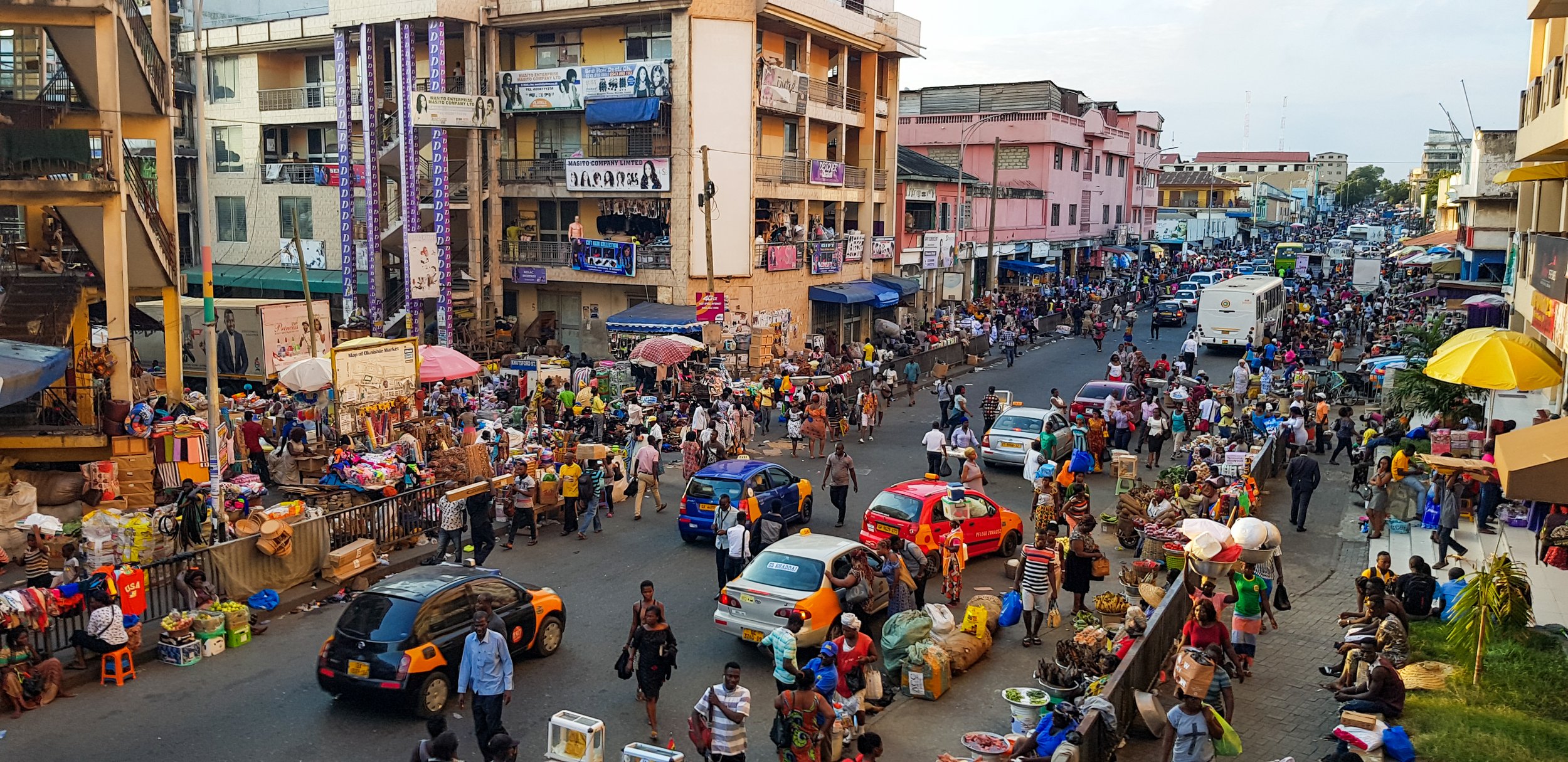Secondhand Suffering: A Global Call for Clean Air
The acrid tang of cigarette smoke hangs heavy in the air, a constant companion in bustling Accra. Here, in parks, restaurants, and even some places of worship, swirls a silent threat – secondhand smoke. As a respiratory therapist at the University of Ghana Medical Center's intensive care unit, I witness firsthand the devastating consequences of this invisible enemy. Now, as a medical student, I am learning about the public health burden of this affliction.
A story etched in my memory is that of a young restaurant worker, barely 17. His dreams of a future were cruelly cut short by exposure to secondhand smoke at work. The restaurant, catering to smokers, offered "comfort zones" that became his daily torment. Months of exposure triggered a rapid decline in his respiratory health, culminating in a desperate struggle for a lung transplant – a future he could only dream of. A tragic, preventable loss.
This isn't an isolated incident. Ghana, despite a relatively low smoking prevalence, grapples with lax enforcement of its 2012 Public Health Act (Act 851), which prohibits smoking in public spaces. One study found minimal reduction in secondhand smoke exposure in hospitality venues after the Act's implementation. Furthermore, the recent ban on recreational vaping, while a positive step, raises questions about enforcement mechanisms.
The hospitality industry's creation of "smoking zones" normalizes the act, attracting new smokers and creating a dangerous environment for staff and patrons alike. This deliberate normalization contradicts Ghana's public health goals and existing legislation.
Princess Benson
I urge the Ministry of Health to collaborate with other government agencies to enforce the 2012 Public Health Act.
So, what can be done? As a respiratory therapist, I understand the challenges of quitting addiction. However, it is not insurmountable. Ghana boasts excellent organizations offering counseling and support to those seeking to break free from nicotine's grip. As a future cardiothoracic surgeon interested in the public health impact of cardiorespiratory diseases, I urge the Ministry of Health to collaborate with other government agencies to enforce the 2012 Public Health Act.
Additionally, we must embark on a national education campaign, raising awareness about the deadly consequences of smoking, including cancer and a multitude of other debilitating illnesses. Prevention is paramount. Educating and empowering Ghanaians, whether smokers or not, is a crucial first step with no negative repercussions.
This fight transcends borders. Secondhand smoke is a global health crisis. The World Health Organization estimates that 1.2 million people die annually from exposure to secondhand smoke. Every breath stolen by this invisible threat is a life needlessly lost.
Let's make a collective pledge and foster a new beginning where clean air is a right, not a privilege. Let's save lives – not just those directly impacted by smoking, but those forced to breathe their toxic air. Let's create a future where the young can dream and breathe freely.
Let's extinguish the silent threat of secondhand smoke, one breath at a time.

